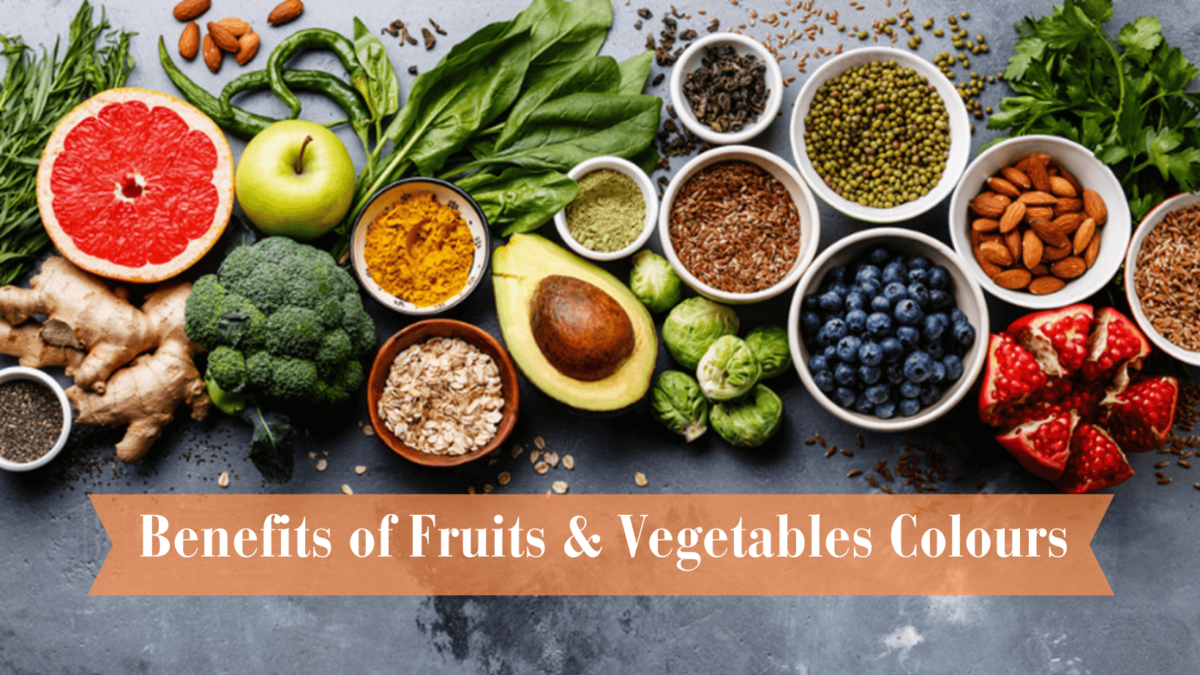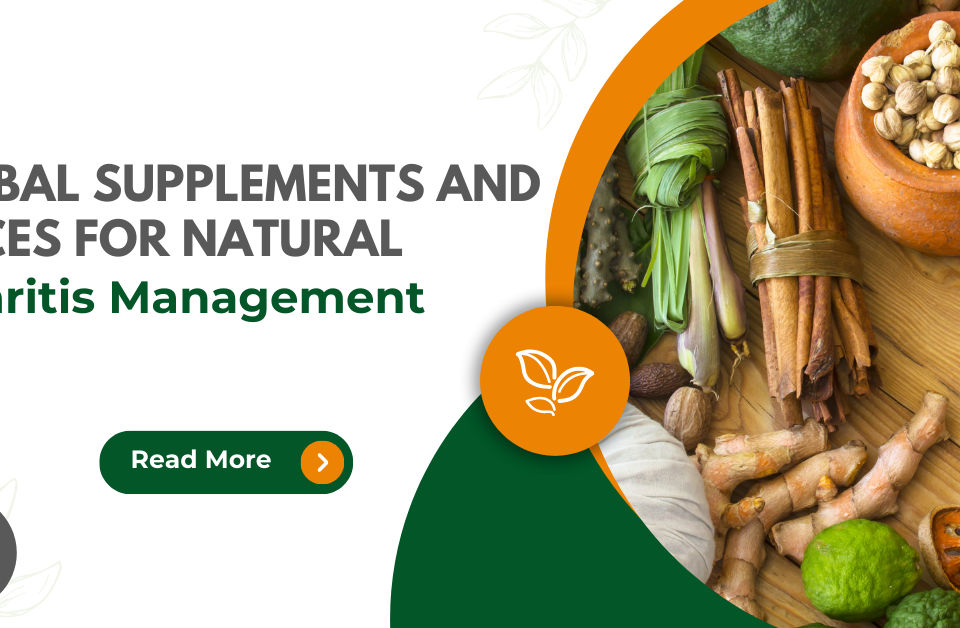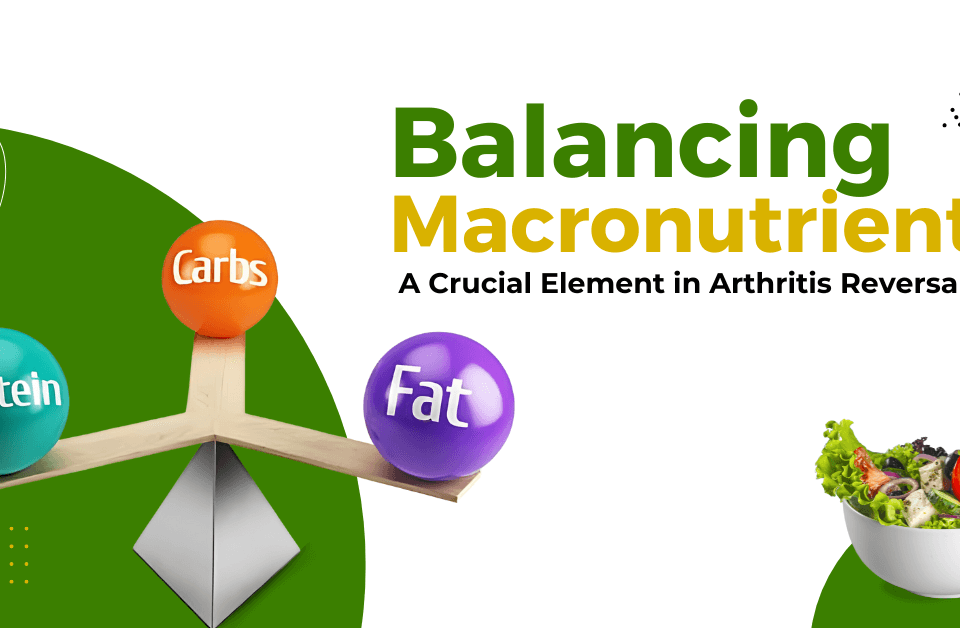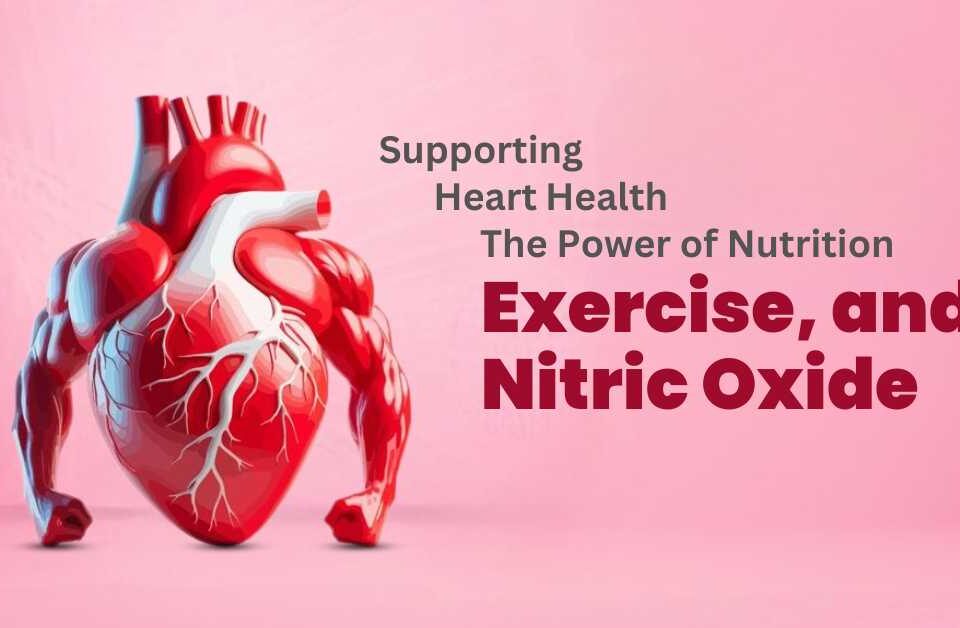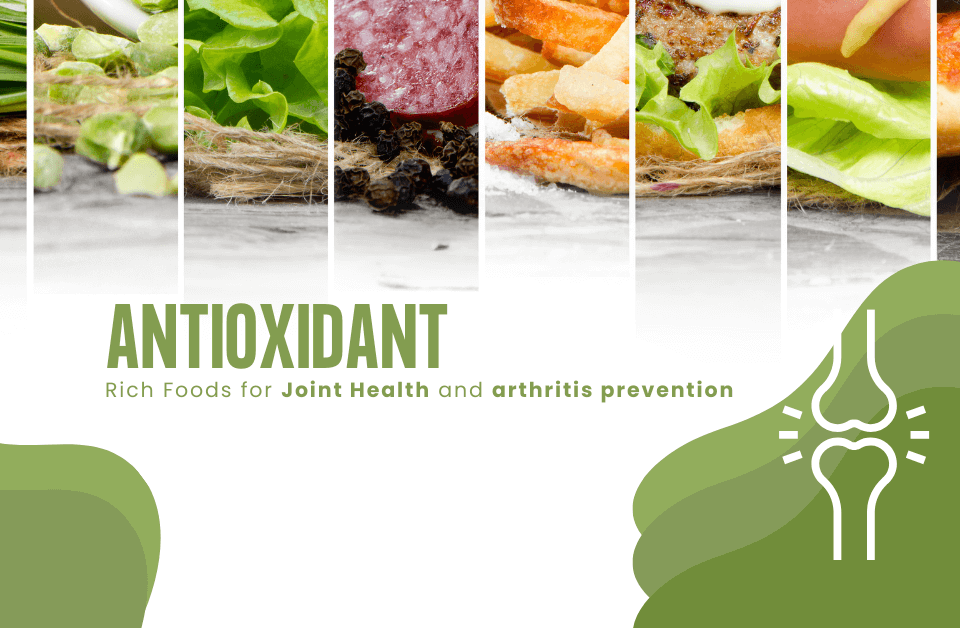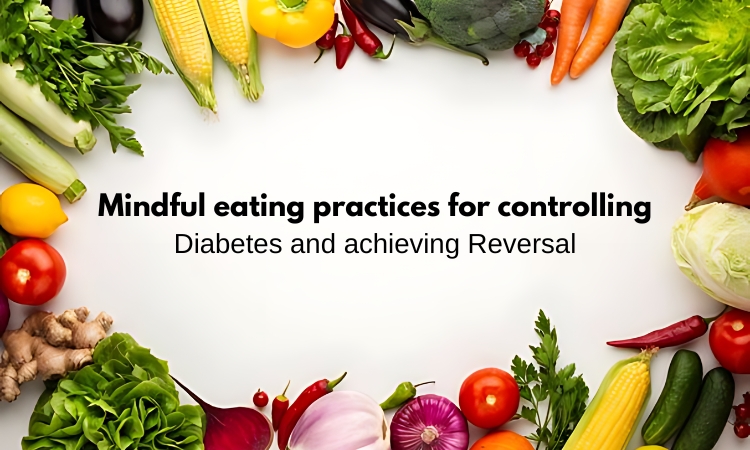Benefits of Fruits & Vegetables Colours

Cracking Chronic Fatigue’s Code
February 3, 2024
What’s wrong with your diet?
February 19, 2024Phytonutrients are a diverse group of bioactive compounds in various plant-based foods, each offering a unique set of associated benefits to human health. These compounds, found in various fruits, vegetables, and other plant sources, are crucial in promoting well-being and preventing diseases. This comprehensive exploration delves into the rich world of phytonutrients, focusing on specific types and foods that boast the highest levels of these beneficial compounds.
Lutein:
Lutein, a carotenoid with antioxidant properties, is abundant in various foods. Winter squash varieties such as butternut, Hubbard, acorn, sweet potatoes, carrots, and pumpkin are rich sources of this phytonutrient. Additionally, fruits like persimmons, tangerines, mandarins, and oranges, as well as kiwi, peas, asparagus, and greens including spinach, romaine lettuce, kale, arugula, Swiss chard, collard, turnip, and dandelion, contribute to a high lutein intake. Other sources include corn, bell peppers, parsley, pistachios, egg yolks, paprika, and the microalgae spirulina.
Lutein is known for its benefits in promoting eye health, contributing to skin health, and supporting the formation of healthy blood cells. Moreover, it plays a role in slowing the signs of ageing. Studies suggest that lutein may protect against atherosclerosis, a condition characterized by plaque buildup in the arteries, thereby reducing the risk of cardiovascular diseases.
Zeaxanthin:
Like lutein, zeaxanthin is another carotenoid that contributes to eye health and has antioxidant properties—the foods containing high levels of zeaxanthin overlap with those rich in lutein. Winter squash, sweet potatoes, carrots, pumpkins, persimmons, tangerines, and various greens are among the primary sources of zeaxanthin. Like lutein, zeaxanthin supports skin health, maintains healthy blood cells, and may slow the signs of ageing.
Research suggests that zeaxanthin and lutein may protect against atherosclerosis, reinforcing the importance of including these foods in a balanced diet for overall cardiovascular health.
Beta-cryptoxanthin:
Beta-cryptoxanthin is another carotenoid found in certain fruits and vegetables. Butternut squash, carrots, corn, kumquats, papaya, peaches, tangerines, persimmons, oranges, and red peppers are notable sources of beta-cryptoxanthin. This phytonutrient is associated with potential benefits, including a decreased risk of some cancers, degenerative diseases, and osteoporosis.
Incorporating foods rich in beta-cryptoxanthin into one's diet may contribute to a holistic approach to health, addressing chronic diseases and bone health.
Alpha-carotene:
Pumpkins, carrots, butternut squash, tangerines, tomatoes, collard greens, Napa cabbage, and sweet potatoes contain alpha-carotene, another healthy carotenoid. Alpha-carotene is believed to reduce the risk of cardiovascular disease and some cancers, making these foods valuable additions to a health-conscious diet.
Individuals may take proactive steps to safeguard their cardiovascular health and lower the risk of certain cancers by including various alpha-carotene-rich foods
Beta-carotene
Beta-carotene is one of the most well-known carotenoids, and its presence is vividly reflected in the vibrant colours of many fruits and vegetables. Broccoli, carrots, pumpkins, squash, sweet potatoes, leafy greens such as romaine lettuce, spinach, kale, mustard greens, collards, beet greens, and Swiss chard, along with peapods, red and yellow bell peppers, apricots, bananas, cantaloupe, paprika, cayenne, chilli, parsley, cilantro, marjoram, sage, and coriander, are excellent sources of beta-carotene.
This powerful phytonutrient is renowned for promoting improved cognitive function, skin health, and eye health. Additionally, beta-carotene is recognized for its protective effects against certain cancers when consumed as whole foods.
Lycopene:
Lycopene, a red pigment found in various fruits and vegetables, is known for its antioxidant properties. Tomatoes, tomato products, guava, watermelon, pink grapefruit, papaya, red bell pepper, persimmon, asparagus, red cabbage, and mango are rich in lycopene. Research indicates that lycopene may slow the growth of prostate, breast, and other cancers. Furthermore, it is associated with supporting heart health and maintaining eye health.
In conclusion, phytonutrients are crucial in promoting health and preventing various diseases. A colourful and diverse diet that includes a wide array of fruits, vegetables, and other plant-based foods ensures a rich intake of these beneficial compounds. Individuals can make informed choices to support their overall well-being by understanding the specific phytonutrients and their associated benefits. Incorporating various phytonutrient-rich foods into daily meals is a proactive and enjoyable way to invest in long-term health.

